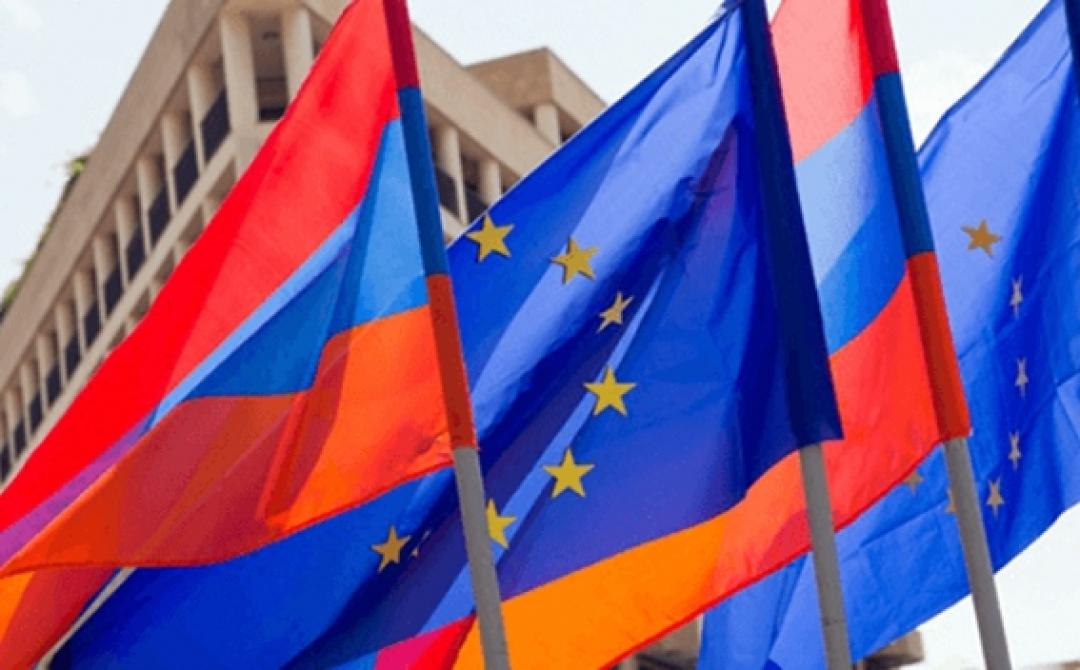
EU official names obstacles in starting visa liberalization dialogue with Armenia

On 25 November, Luc Devigne, a deputy managing director at the European External Action Service, stated that the EU has not yet opened the visa liberalization talks with Armenia because thousands of Armenians overstay their Schengen visas and seek asylum in Europe, reported the Armenian Radio Free Europe.
“This is not a political issue. This is a working issue. I’m pretty sure that when the conditions are fulfilled, when there are no problems of overstaying [EU visas] or asylum seekers, the decision will be positive,” he said.
A month earlier, Armenia’s Deputy Foreign Minister Avet Adonts stated at an international conference in Yerevan that the agenda formed between Armenia and the European Union demands at least to start the visa liberalization dialogue. “This is today’s demand because the formed agenda, its content and the implementation of its agenda require that,” he said, adding that the visa liberalization will start when there is a consensus between all member states over the launch of the dialogue.
He added that there is no consensus yet, despite the fact that the EU’s institutions have positive moods and repeatedly announced that, “[t]he inter-agency group formed in Armenia, which involves representatives of the Police, the Foreign Ministry and the Migration Service, already visited more than 10 EU member states, and currently technical issues are being discussed. But now I can state that this issue has started to bear a political character,” he said.
On the same conference the EU ambassador to Armenia Andrea Victorin voiced her concerns that the term visa-liberalization is misinterpreted in the country. “Visa liberalization does not mean that you can go to European countries to work. It is important for everyone to understand that, otherwise you will be highly disappointed. This means that you can come to the EU for 90 days within a period of six months. This gives you many opportunities, and it also increases your sense of responsibility,” she said.
Armenia’s Foreign Minister Zohrab Mnatsakyan also spoke on the issue in the parliament on 1 November. “The visa liberalization process is a very important… issue for us. We are working both with the Commission and the member states. We are also working very actively at the bilateral level in order to… [move the] dialogue process [along regarding] the liberalization of visas. The dialogue process is not the liberalization yet, but is a very vital stage for moving forward that process,“ he said.
“We are trying to understand problems with visa liberalization, if there are such problems, and to jointly find mechanisms and tools for solving them,” Adonts said at a joint news conference with Devigne dedicated to the second anniversary of the signing of the Comprehensive and Enhanced Partnership Agreement (CEPA) between the EU and Armenia. According to Devigne, one such solution is closer cooperation between Armenian and EU immigration authorities.
According to the quarterly Asylum report from Eurostat the number of first-time asylum applicants in the EU increased by 4% in the second quarter of 2019 compared with the same quarter of 2018 and decreased by 5% compared with the first quarter of 2019. As such, the number of persons seeking asylum from non-EU countries in the during the second quarter of 2019 amounted to 149 00. In regard to Armenian citizens, Germany, France and the Czech Republic registered the largest number of Armenian asylum applicants. In France 365 applications were registered in Germany 195, while in the Czech Republic 75. Armenian asylum applicants top the list of asylum seekers in the Czech Republic, followed by Georgian and Ukrainian citizens.
See Also


Armenia Records 5.9% GDP Growth in 2024, Missing 7% Goal

Yerevan Balances Strategic Ties with Both US and Russia, Says Foreign Minister

FM Mirzoyan: Peace Deal with Azerbaijan Is Within Reach

Pashinyan and Erdogan Hold Call, Reaffirm Commitment to Ongoing Dialogue

